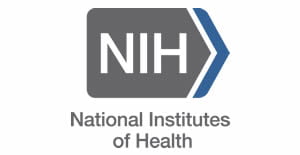RSS feed source: National Science Foundation
Synopsis
Infrastructure systems comprise complex connections between physical components, organizational structures and operational methods that support the needs of people and communities at the local, regional, national, and global scales. Such systems form the backbone of society, providing essential services as well as ensuring public health and welfare, economic prosperity and national security, and are expected to function under all operational conditions.
Meanwhile, infrastructure systems are capital intensive and vulnerable to disruptions from extreme events, including natural disasters, social crises, and malicious attacks. Disruptions in one system can have cascading impacts on others in space and over time. Moreover, short- versus long-term trade-offs, unintended consequences, and maladaptation are not often accounted for. How systems function at the “extreme,” which can be due to disruptors from the introduction of innovation, the convergence of technologies, sudden changes to their utilization and access, dramatic changes in operating
Click this link to continue reading the article on the source website.

